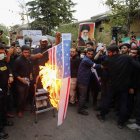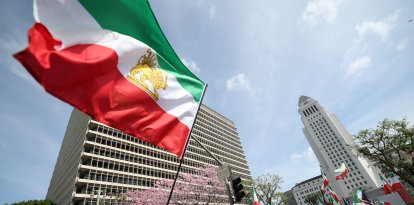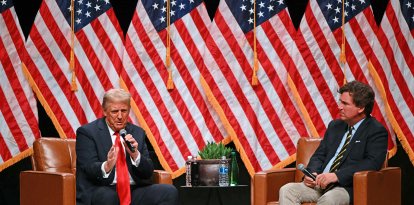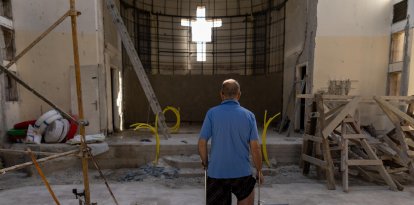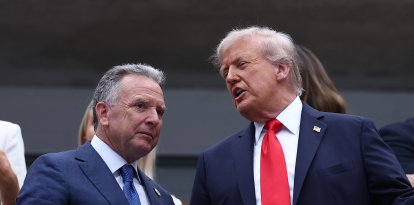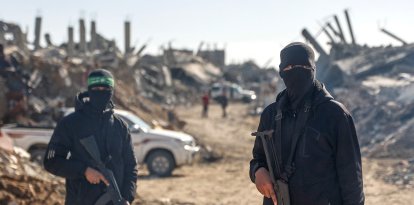G7 foreign ministers condemn Iranian threats against watchdog head
Diplomats from the seven countries and the EU stated that Tehran shouldn’t restart “its unjustified enrichment activities.”
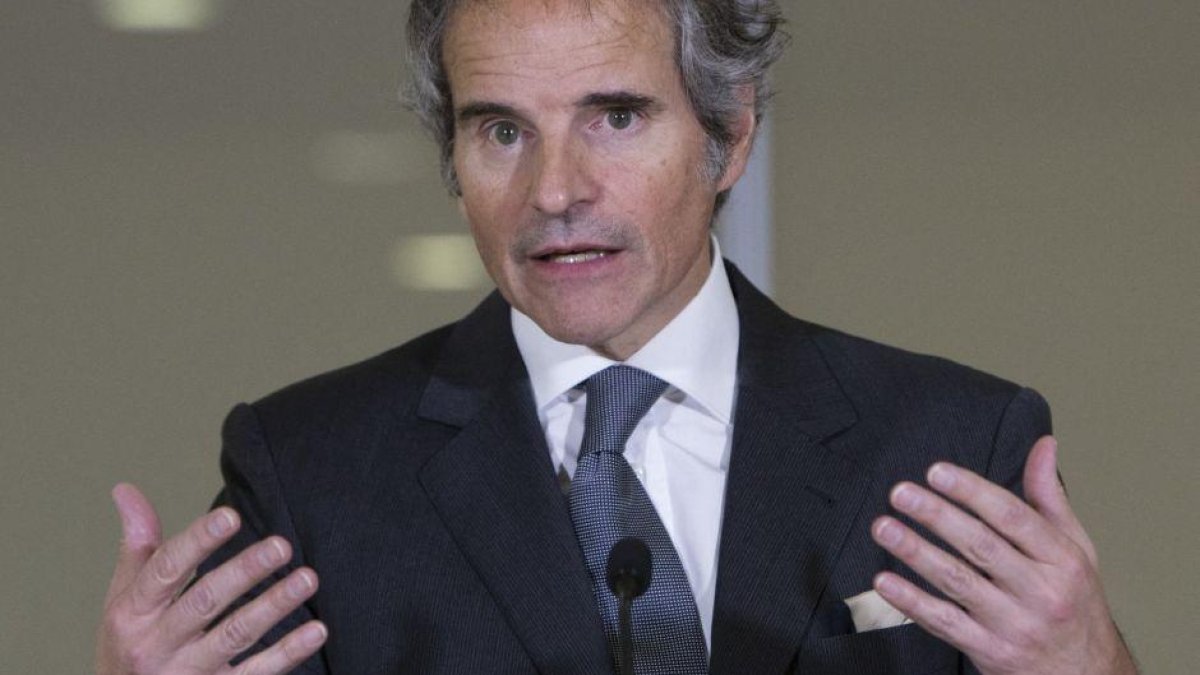
IAEA Director General Rafael Grossi
The foreign ministers of the G7 countries and the European Union stated on Monday that Iran should not try to restart nuclear enrichment activities after recent U.S. and Israeli strikes on its facilities.
“We reiterate our support for the ceasefire between Israel and Iran,” which U.S. President Donald Trump announced, and “urge all parties to avoid actions that could further destabilize the region,” stated the United States, Canada, France, Germany, Italy, Japan and the United Kingdom, along with the EU.
The group of seven also applauded Qatar’s “important role in facilitating the ceasefire.”
Qatar, which has economic and diplomatic ties to the Islamic Republic, criticized Tehran after Iran struck the Al Udeid Air Base, which Washington and Doha share, in retaliation for the heavy damage inflicted on its nuclear facilities by Trump-approved strikes earlier this month.
Neither the United States nor Iran has attacked the other since then.
The G7 stated that the seven “reaffirm” that Iran “can never have nuclear weapons, and urge Iran to refrain from reconstituting its unjustified enrichment activities,” while calling on talks to complete a deal “resulting in a comprehensive, verifiable and durable agreement that addresses Iran’s nuclear program.”
The diplomats also said that Iran must “urgently resume full cooperation with the International Atomic Energy Agency,” which serves as the nuclear watchdog for the United Nations.
Iran is at odds with the agency, lodging allegations that Rafael Grossi, the group’s director-general, engaged in “destructive behavior” for failing to condemn the combined Israeli and U.S. strikes on Iran and for a resolution from the agency’s board of governors censuring Iran for repeated violations of its nuclear safeguards obligations, which occurred on June 12, the day before Israel launched attacks.
Iranian officials have said Grossi is not allowed to inspect the damaged facilities, and the regime is threatening to cut off ties with the agency altogether.
An Iranian regime newspaper alleged that Grossi is an Israeli spy and threatened him with imprisonment and execution. Iranian government officials have said that there is no threat to Grossi.
The G7 condemned calls “for the arrest and execution” of Grossi and said it is “essential that Iran remains party to and fully implements its obligations” under the Non-Nuclear Proliferation Treaty that outlined how nuclear material should be produced, handled, used and inspected.
“We reiterate our commitment to peace and stability in the Middle East,” the group of seven said. “In this context, we reaffirm that Israel has a right to defend itself. We reiterate our support for the security of Israel.”
FBI and NSA warn of possible Iranian cyberattacks on key infrastructure
Specifically, the Cybersecurity and Infrastructure Security Agency (CISA), the Federal Bureau of Investigation (FBI), the Department of Defense Cyber Crime Center (DC3) and the National Security Agency (NSA) issued a joint statement warning of these dangers.
"Despite a declared ceasefire and ongoing negotiations towards a permanent solution, Iranian-affiliated cyber actors and hacktivist groups may still conduct malicious cyber activity," they wrote, assuring that all relevant offices "continue to monitor" the situation.
© JNS








